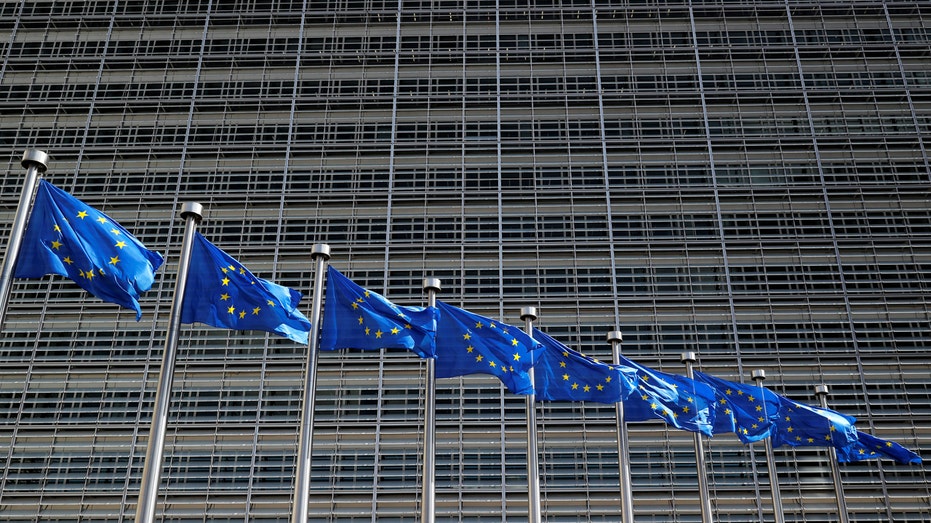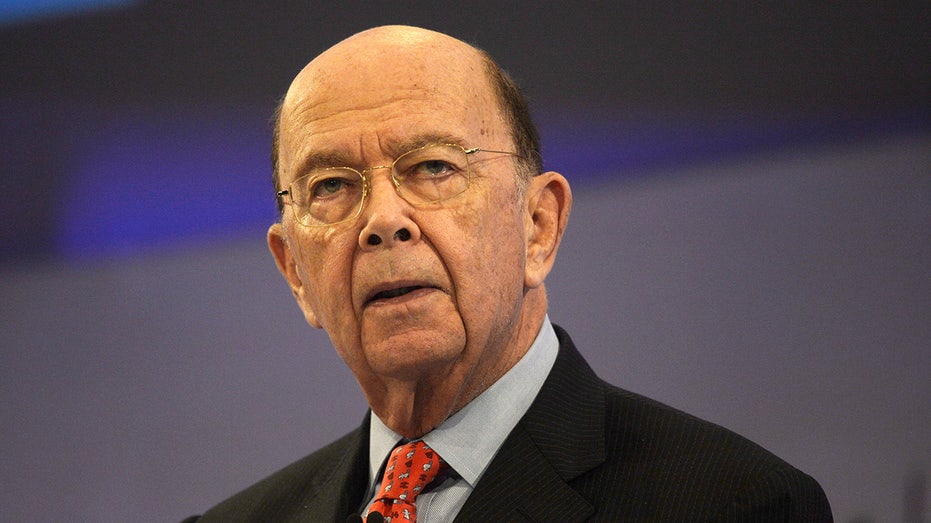Tariffs on cars from Japan, European Union may not happen after all: Wilbur Ross
Automakers have warned that such tariffs would backfire.
The U.S. may not put tariffs on imported cars that would especially hurt the European Union and Japanese automobile industries, Commerce Secretary Wilbur Ross said on Sunday.
"Our hope is that the negotiations we've been having with individual companies about their capital investment plans will bear enough fruit that it may not be necessary to put the 232 fully into effect, may not even be necessary to put it partly in effect," Ross told Bloomberg, referring to a section of U.S. trade law.
TRUMP ABSENT, SOUTHEAST ASIAN LEADERS SEEK TRADE AGREEMENT WITH CHINA
"We've had very good conversations with our European friends, with our Japanese friends, with our Korean friends, and those are the major auto producing sectors," he said.

European Union flags flutter outside the EU Commission headquarters in Brussels, Belgium June 20, 2018. Picture taken June 20, 2018. REUTERS/Yves Herman/File Photo
The White House announced in May that it would delay a decision to impose tariffs on imported cars and parts by 180 days.
The delay came ahead of a May 18 deadline in which President Trump would have proceeded with tariffs of up to 25 percent on European made cars and parts.
GET FOX BUSINESS ON THE GO BY CLICKING HERE
In February, the Commerce Department submitted a report to Trump saying he could justify auto tariffs based on national security concerns.

U.S. Commerce Secretary Wilbur Ross, speaks at the Conferederation of British Industry's annual conference in London, Britain, November 6, 2017. REUTERS/Mary Turner - RC119DCC11C0
Automakers warned a 25 percent tariffs would backfire, driving up the cost to U.S. consumers and resulting in job loss for the auto industry.
The tariffs could come as the U.S. auto industry faces uncertainty.
For example, approximately 49,000 General Motors employees were on strike for more than a month until coming to an agreement with the company in October. Autoworkers' concerns included GM's production in Mexico.
CLICK HERE TO READ MORE ON FOX BUSINESS
FOX Business' Suzanne O'Halloran contributed to this report.



















